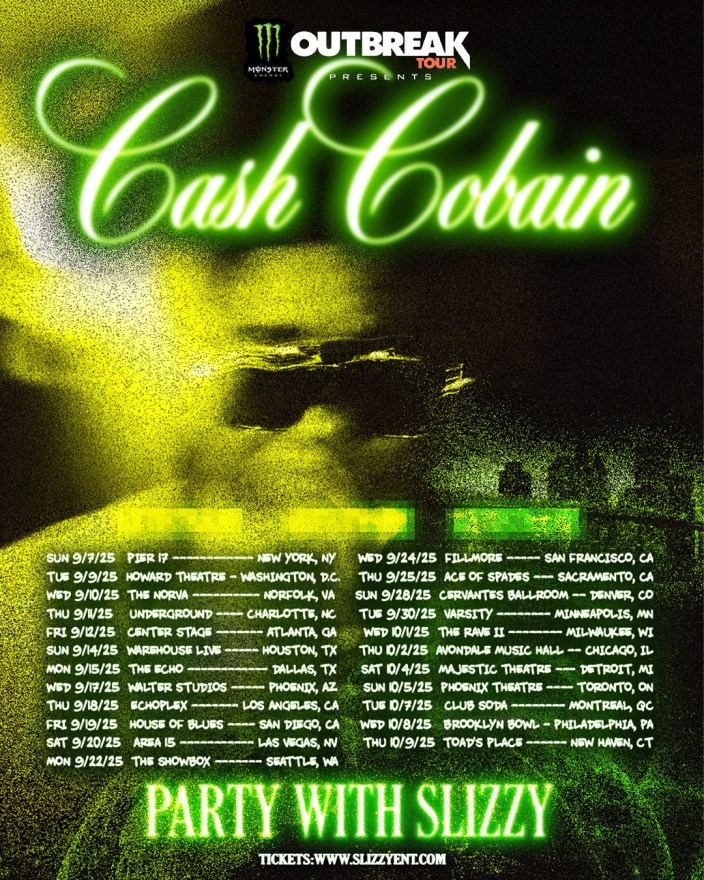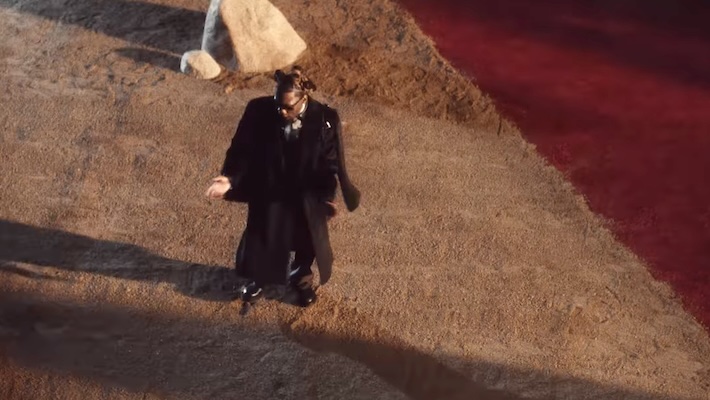
Look up the term “genre” in regards to music, and you’re likely to land on a straightforward definition. Merriam-Webster refers to it as a category of artistic musical or literary composition characterized by a particular style, form, or content — a description that leaves little to the imagination. When it comes to the reality of genre in the overall music landscape, however, the connotation is a bit more complicated.
Back when popular music first hit radio airwaves, “genre” quickly became more than just a simple characteristic of sound. Instead, it became a way to determine what listeners of certain frequencies might want to listen to, often based on which personal characteristics of the musicians programmers thought they’d relate to. That marketing of music placed artists into neat little boxes, some based on racist categorization of artists, with little thought to the style, form, or content of their music. One example of these musical microaggressions was Tina Turner’s 1966 song, “River Deep — Mountain High.” The seismic pop number was pushed out of radio play because — as her ex-partner and producer Ike Turner revealed in the HBO documentary Tina — it was “too white for Black jockeys and too Black for white jockeys.”
Unfortunately, five decades later, as seen in the 2024 Grammys ceremony, that problem reared its head again. This time. SZA, an artist whose sound falls into alternative, pop, and R&B categories depending on the track, scooped up multiple wins in the R&B category, snagging Best R&B Song for “Snooze” and Best R&B Album for SOS. The same juxtaposition of hip-hop-inspired lyrical delivery with melodic harmonies is present in another album track, “Ghost In The Machine” featuring indie genius Phoebe Bridgers, but that song was relocated to a “pop” category and picked up the Grammy Award Best Pop Duo/Group Performance. Does one alternative rock artist plus one R&B artist equal a pop duo? What was it about that song in comparison to every other song on SZA’s SOS that relegated it to pop?
The categorization confusion hasn’t been lost on SZA, who told Alternative Press last year that the lack of R&B sounds on her latest album initially confused fans. “I definitely felt like half of the people [were] like, ‘I wish this was R&B, and it’s not, and I hate it.’ And I was like, ‘Aww, I’m sorry, but also I don’t know…’ It is what it is,” she said, adding, “Sometimes you can’t fault people for putting you in a box if you don’t at least show them, and I definitely had to take responsibility for showing people who I was.”
She also told Consequence in 2022, that she was “so tired of being pegged as [an] R&B artist.” “I feel like that’s super disrespectful because people are just like, ‘Oh, ’cause you’re Black, this is what you have to be’ — like, put in a box. And I hate that,” she added. She went on to say that she found the label “lazy” and that although she loved making “Black music, period,” that didn’t mean that Black music unequivocally meant R&B. “We started rock ‘n’ roll,” she said. “Why can’t we just be expansive and not reductive?” SOS debuted at No. 1 on the Billboard 200, proving that fans, even the ones who may have been surprised by her direction, could handle an album that traveled into gospel, grunge, pop-punk, and rap soundscapes fearlessly.
There’s an energy in the industry that does seem to be moving in diverse, expansive, and less reductive directions. Take, for instance, women sweeping most wins in major categories at the Grammys this year or Paramore becoming the first female-fronted band to win the award for Best Rock Album. There were also the predictions of SZA making history with SOS and hopes that she’d pick up the Best Album of The Year award, making her the first Black woman in 25 years to do so. All the signs were there: a record-breaking, 10-week No. 1 spot on the Billboard 200 (marking the longest-running No. 1 album released by a woman in nearly seven years), 11 billion streams (and counting), and groundbreaking moments like her No. 1 hit “Kill Bill.” Fellow record-breaker Taylor Swift took home the ultimate win that night with her album Midnights, which also nabbed her the win for Best Pop Vocal Album. Despite Swift getting her start in country music, she’s had little issue shifting her category of genre, and with it, the associated radio stations and Grammy categorizations. Is this something allotted to all artists? What is it about SZA’s sound that doesn’t allow the same level of sonic shapeshifting?
Speaking of country and sonic shapeshifting, Beyoncé is currently ramping up to release an album filled with so much twang, so much aesthetically oversized cowboy paraphernalia, that it’s hard to keep a straight face while saying the album will be pop and not country. In fact, many fans, catching wind of the R&B, hip-hop, and definitely pop superstar being pushed off of country radio play called into stations, asking why the star’s two tracks “Texas Hold ‘Em’” and “16 Carriages” weren’t hitting the airwaves. When Oklahoma’s country music station KYKC decided not to play Beyoncé’s new songs, one fan who reached out received the response that the station wouldn’t be playing the track because “we are a country music station.” But when the Beyhive reached out to the station, they added it to the rotation. Now, both tracks are dominating the Hot Country Songs chart with “Texas Hold ‘Em” at No. 1 and “16 Carriages” at No. 9.
The idea of genre as an appropriate categorization of music is being challenged with each passing release week. Still, non-Black artists can move into new sonic territory with an ease not given to their Black counterparts. It’s an unfair limitation that impacts sales, accolades, and promotions, barring these artists from access to larger, more diverse audiences. It also denies those fans the opportunity to be exposed to groundbreaking artists.
So maybe the issue of genre categorization based on race could be solved by an outpouring of disgruntled fans like the Beyhive calling it out or an artist like SZA blatantly stating the obvious when it comes to the alternative leanings of their sound. Perhaps it’s something that can be dismantled as we shine a light on the issue itself, and demand better fitting alternatives.
Or maybe genre itself has become an archaic way of describing music, limiting multi-faceted artists who’ve already pushed past the limitations forced on them from marketing and categorization, because much like SZA recently said herself via X, “I’m complicated and aware it can be annoying. So grateful for those that take time to learn me love me and accept me.” Maybe we all just have more learning to do.



